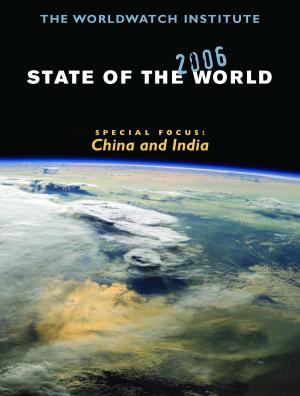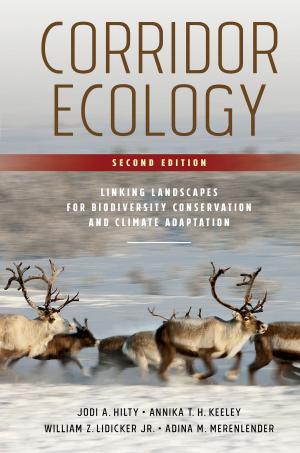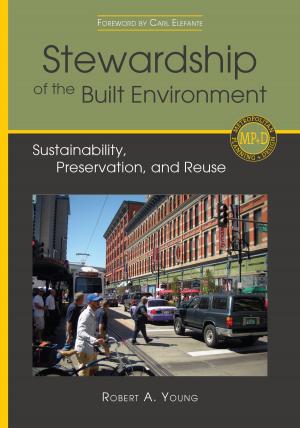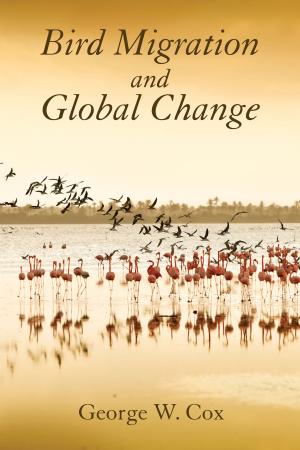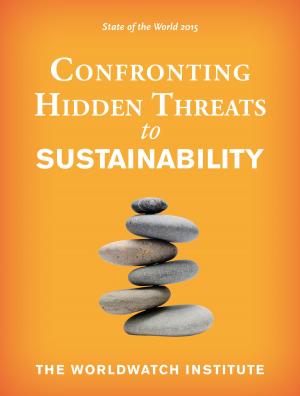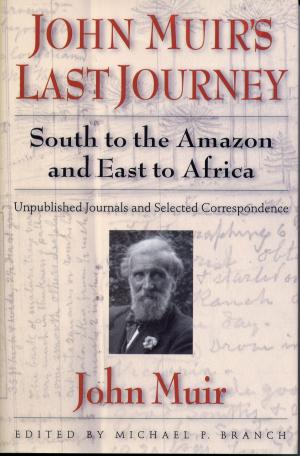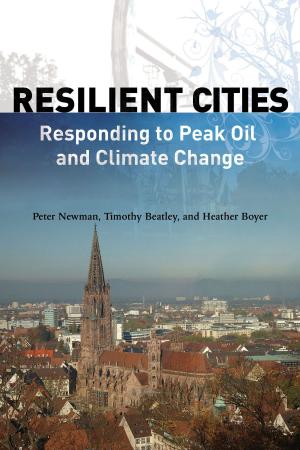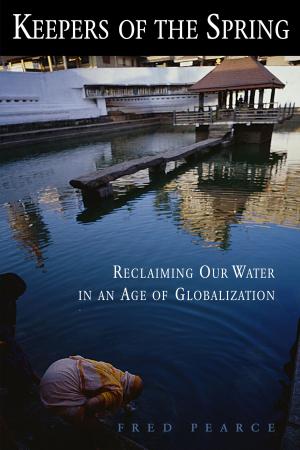Changing the Boundaries
Women-Centered Perspectives On Population And The Environment
Business & Finance, Economics, Sustainable Development, Nonfiction, Social & Cultural Studies, Social Science, Gender Studies, Women&| Author: | Janice Jiggins | ISBN: | 9781597268417 |
| Publisher: | Island Press | Publication: | April 16, 2013 |
| Imprint: | Island Press | Language: | English |
| Author: | Janice Jiggins |
| ISBN: | 9781597268417 |
| Publisher: | Island Press |
| Publication: | April 16, 2013 |
| Imprint: | Island Press |
| Language: | English |
Changing the Boundaries explores gender relations with respect to education, reproductive health services, and agricultural resources -- three factors that are widely recognized as being central to the struggle for gender equity, population control, and environmental sustainability. As well as defining the role of women in the population-environmquandary, author Janice Jiggins explains how that role is the key to understanding issues of population and environment. Throughout the volume, she makes extensive use of research, experience, and documentation that draws on the views and publications of women in the global South, much of which is available to developmpractitioners but is rarely found in academic libraries. Data, arguments, concepts, and analysis from a wide and varied range of sources are woven together to link the experience of women's daily lives with population policies and global environmental politics.
Changing the Boundaries explores gender relations with respect to education, reproductive health services, and agricultural resources -- three factors that are widely recognized as being central to the struggle for gender equity, population control, and environmental sustainability. As well as defining the role of women in the population-environmquandary, author Janice Jiggins explains how that role is the key to understanding issues of population and environment. Throughout the volume, she makes extensive use of research, experience, and documentation that draws on the views and publications of women in the global South, much of which is available to developmpractitioners but is rarely found in academic libraries. Data, arguments, concepts, and analysis from a wide and varied range of sources are woven together to link the experience of women's daily lives with population policies and global environmental politics.

